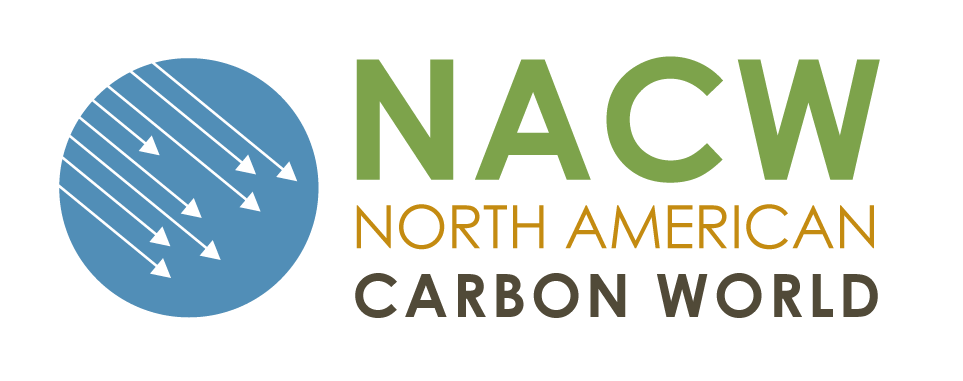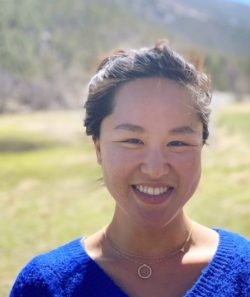1. What drives your environmental work and activism?
I think what drives me may be a bit idealistic but I think you have to aim high in order to make change. So, what drive me is the idea that a livable and just community is possible for people and places across the globe. I think the impacts of climate play such an important role in creating the tangible and intangible conditions necessary for a place where people can thrive.
2. What was one of your most exciting and rewarding achievements?
Oooh, good question. I always have trouble touting my own achievements, so I’ll just say that it’s ongoing! I think more in terms of progress, and believe I play a part to advance progress in support of achieving larger climate goals that the Reserve and our friends are all working towards.
3. Who is your hero (or someone you admire greatly)?
Gotta go with my grandma. She was a pioneer of microlending in our community before microlending was a concept (and now, in some contexts, more a catch phrase unfortunately!). She organized a small group of women in our neighborhood who met monthly to make sure that each home has the financial support they need on a day to day basis by leveraging the power of the collective and relying on trust amongst the women. She also lives in the most sustainable manner as anyone I know. It came not out of a scientific urgency, but out of love and respect for the Earth; it just came naturally to her, pun intended.
4. What are your favorite and frequently visited websites, and why?
I’ve been enjoying Gizmodo’s Earther lately. They have interesting content!
5. What was your most recent “That oughta be a law!” thought?
I think people in LA should be required to be okay with standing-room only buses. As someone who’s lived in Chicago and New York, it drives me bonkers when LA-ers refuse to get on a bus when they *think* all the seats are taken (they’re usually not), and then LA Metro keeps having to add more buses to meet transit demand. More buses is always good, but I think riders can be more efficient!
6. What is a tip you’d like to share for leading a more sustainable life?
Compost! It’s easy and really minimizes waste to landfill.
7. Please share a personal story that ties in with one of the Reserve’s protocol sectors.
I love composting, even at the small residential level that my partner and I do, it’s really been so great in terms of cutting down our waste to landfill, and also awesome for our plants in the garden.
8. What is your opinion on the progress of climate policy and carbon markets?
I think people who have done climate work for a long time are either a bit jaded, or on the other end of the spectrum, assume everyone has had the depth of knowledge about what possible climate solutions are out there. There’s so much more general population knowledge about the urgency of climate change and we are starting to see that knowledge trickle into support and voluntary action (and some regulatory, but that’s probably a longer road). Because of this, I think there’s still a ton of work to be done to educate about the solutions and also take advantage of this new support and knowledge from the public to really push for the solutions that have been tested but perhaps have struggled in the past. Of course, this also creates huge opportunities for cool new tech that we haven’t even dreamed of! Being more of an optimist, I think this is a very exciting time to be doing climate work.
9. If you could spend one week in a natural area in the U.S., where would it be?
Yellowstone National Park
10. What is an environmental book that you think should be required reading in schools?
Cadillac Desert by Marc Reisner—it’s such a great story about how humans and politics and ego literally changed the face of the earth. I think it’s a warning story, but also perhaps can open the imagination to what can be accomplished if we just had the will. https://www.amazon.com/Cadillac-Desert-American-Disappearing-Revised/dp/0140178244
Another book is Eric Klinenberg’s Heat Wave: a social autopsy of disaster in Chicago. It is an excellent story, beautifully written and effectively researched book that gives a forensic look at the human impacts of climate extremes, and links it back to what happens when there is no justice and equality in our cities. It’s also an excellent interdisciplinary book.
11. What is your favorite meal?
Asian-style noodles with tofu and eggs cooked by my mother.
12. What is something about you that your professional peers would be surprised to learn?
Not sure, hard to know the unknown I suppose!
Tags: Reserve program & staff




